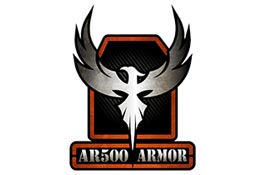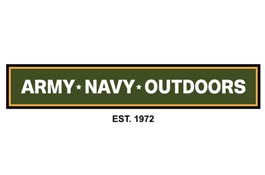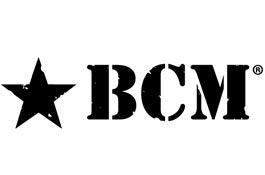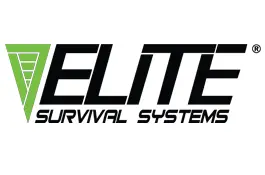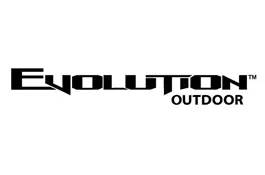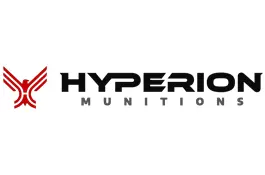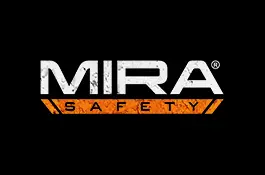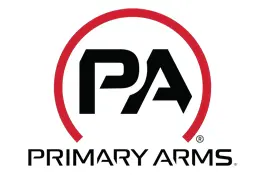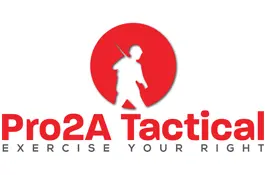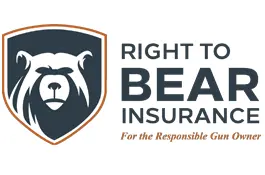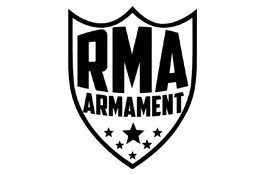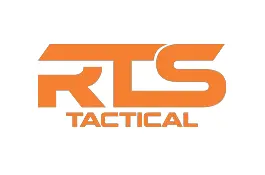When a hurricane is approaching, being prepared can make the difference between safety and catastrophe. Whether you're sheltering in place or evacuating, having the right supplies, communication tools, and protection measures in place is essential. Here’s a comprehensive guide covering what to pack, how to stay informed, and how to protect yourself and your home.
1. Essential Supplies for Hurricane Preparedness
Your hurricane preparedness kit should contain enough supplies to sustain you and your family for at least 72 hours. These essentials ensure you can weather the storm safely or evacuate effectively if needed.
Water and Hydration
- Water: Pack at least 1 gallon of water per person per day for drinking and sanitation. For a 72-hour period, that’s 3 gallons per person. Ideally, having clean drinking water stored in aqua bricks is the most effective way to ensure you have an adequate supply.
- Water Purification: If you run out of bottled water, a water filtration device or purification tablets can make natural sources safe to drink.
Food
- Non-Perishable Foods: Stock up on easy-to-prepare items that require minimal cooking, such as:
- Manual Can Opener: Don’t forget a manual can opener if you’re relying on canned food.
First Aid Kit
A well-stocked first aid kit is crucial during emergencies.
- Adhesive bandages, gauze, and medical tape
- Antiseptic wipes: For cleaning wounds.
- Pain relievers: Such as ibuprofen or acetaminophen.
- Prescription medications: Have at least a week’s worth of your necessary prescriptions.
- Tweezers, scissors, and personal hygiene items (like hand sanitizer, soap, and wet wipes).
- Visit My Medic for professional grade medical kits
Clothing and Bedding
- Clothing: Pack a change of clothes for each person, including sturdy shoes, rain gear, and warm layers depending on your climate.
- Blankets and Sleeping Bags: Include emergency blankets (mylar) or sleeping bags for warmth and protection if you’re in an unheated or outdoor shelter.
Lighting and Power
- Flashlights and Lanterns: LED flashlights or battery-powered lanterns are crucial. Don’t forget extra batteries.
- Candles: Candles are cheap and can be picked up at most any dollar store
- Portable Chargers: Ensure you have fully charged power banks for your phone and other electronics.
- Solar or Hand-Crank Charger: A backup charger that doesn’t rely on power grids can be vital during extended outages. We use the 4Patriots Patriot Power Solar Generator 2000X & Solar Panels for our main power supply. We also have had fantastic results with ZeroKor Portable Power Bank and 40W Portable Solar Panel.
Tools and Gear
- Multi-Tool: A versatile tool like a Swiss Army knife can help with repairs, opening cans, and other tasks.
- Duct Tape: For temporary repairs, securing tarps, and countless other uses.
- Fire Extinguisher: In case of electrical or gas fires after the storm.
- Fire Starters: Bic lighters, Ferrocerium rods, fire starting kits
Hygiene and Sanitation
- Toilet Paper and Moist Towelettes: Basic hygiene supplies are a must, especially if utilities are down.
- Garbage Bags: For waste management, debris, or as emergency tarps.
2. Effective Communication During a Hurricane
In a disaster situation, communication can break down due to power outages and damaged infrastructure. Staying informed and being able to communicate with loved ones or emergency services is crucial for safety.
Battery-Powered or Hand-Crank Radio
- NOAA Weather Radio: A battery-powered or hand-crank radio tuned to NOAA (National Oceanic and Atmospheric Administration) frequencies can provide crucial weather updates and emergency alerts.
Cell Phones and Power Backups
- Fully Charged Phones: Make sure all phones and communication devices are fully charged before the storm.
- Power Banks: Portable chargers are vital to keep your phone powered if electricity is out for days.
- Solar Chargers: These are great backup options in extended outages.
Satellite Phones
- For Remote Areas: Satellite phones operate independently of local cell towers, making them invaluable in areas prone to power and communication blackouts. While expensive, they offer reliable communication in remote or devastated areas.
Two-Way Radios
- Local Communication: Two-way radios (walkie-talkies) can help you stay in contact with family members or neighbors in close proximity if phone lines are down.
Emergency Whistle
- Alert for Help: In case of injury or entrapment, an emergency whistle can be used to attract rescuers’ attention.
Family Communication Plan
- Designate a Contact Person: Choose someone outside the affected area who can relay messages between family members if you're unable to reach each other.
- Meeting Point: Establish a safe location where everyone in your household can meet if communication is down or you are separated.
Social Media and Emergency Alerts
- Wireless Emergency Alerts (WEA): Enable these notifications on your phone for real-time alerts from local authorities.
- Social Media: Stay updated through official local government or emergency management accounts.
3. Protection During and After a Hurricane
Ensuring your personal safety and protecting your property are just as important as having supplies. Hurricanes can cause physical damage, disruptions in law enforcement, and other hazards.
Home Security and Structural Protection
- Board Up Windows: Use plywood or storm shutters to protect windows and doors from flying debris.
- Reinforce Doors: Secure garage doors and entryways to prevent them from being blown open by strong winds.
- Sandbags: In flood-prone areas, sandbags can provide a barrier against rising water levels and help prevent water damage.
Personal Protection Equipment (PPE)
- Heavy-Duty Gloves: To handle sharp debris or broken glass during cleanup.
- Sturdy Boots: Waterproof and steel-toe boots provide protection in floodwaters or while navigating debris.
- Hard Hat and Goggles: Useful for dealing with damage to homes or structures.
- Masks: N95 masks can protect you from mold, dust, and airborne particles during cleanup.
- CBRN Full Face Reusable Respirator: CBRN Full Face Reusable Respirator-Mask (CM-7M Mask WITH Drinking System)
- Kids Mask: Kids Mask Respirator Full Face-CBRN (Medium)
- Gas Mask Filter: Certified CBRN Filter for Full Face Respirator Mask, 40 mm NATO Gas Mask Filter, Longest 20 Year Shelf Life, Vacuum Sealed NBC Filters, Compatible with Mira Gas Mask
Self-Defense and Crime Prevention
Unfortunately, hurricanes can lead to crime spikes, such as looting. Personal safety and home security measures are vital in the aftermath of a storm.
- Firearms and Pepper Spray: If you’re comfortable and trained, a firearm can be a last-resort measure for self-defense in regions where looting is common. Pepper spray is a non-lethal alternative. Smaller arms such as a foldable AR-15, Smith & Wesson Shield Plus, or Glock 43X, are popular and effective options.
- Neighborhood Watch: Coordinate with neighbors to form a watch system to protect against looters and check in on each other.
Wildlife Protection
- Snakes and Insects: Hurricanes can displace wildlife. Be cautious of snakes and use insect repellant to guard against mosquitoes, which breed in standing water.
Emergency Evacuation Plan
If authorities call for evacuation, it’s crucial to leave quickly and safely:
- Evacuation Route: Know your route and alternative ways out of your area if roads are blocked.
- Go-Bag: Keep a bug-out bag ready with essential supplies, including identification, cash, food, and water.
Hurricane preparedness requires more than just stocking up on supplies
Hurricane preparedness requires more than just stocking up on supplies. You need to ensure that you have the tools to communicate with loved ones and emergency services and the means to protect yourself and your property during and after the storm. By preparing ahead of time with water, food, first aid, and security measures, you can weather the storm and its aftermath with confidence. Stay informed, stay connected, and stay protected.

















































































